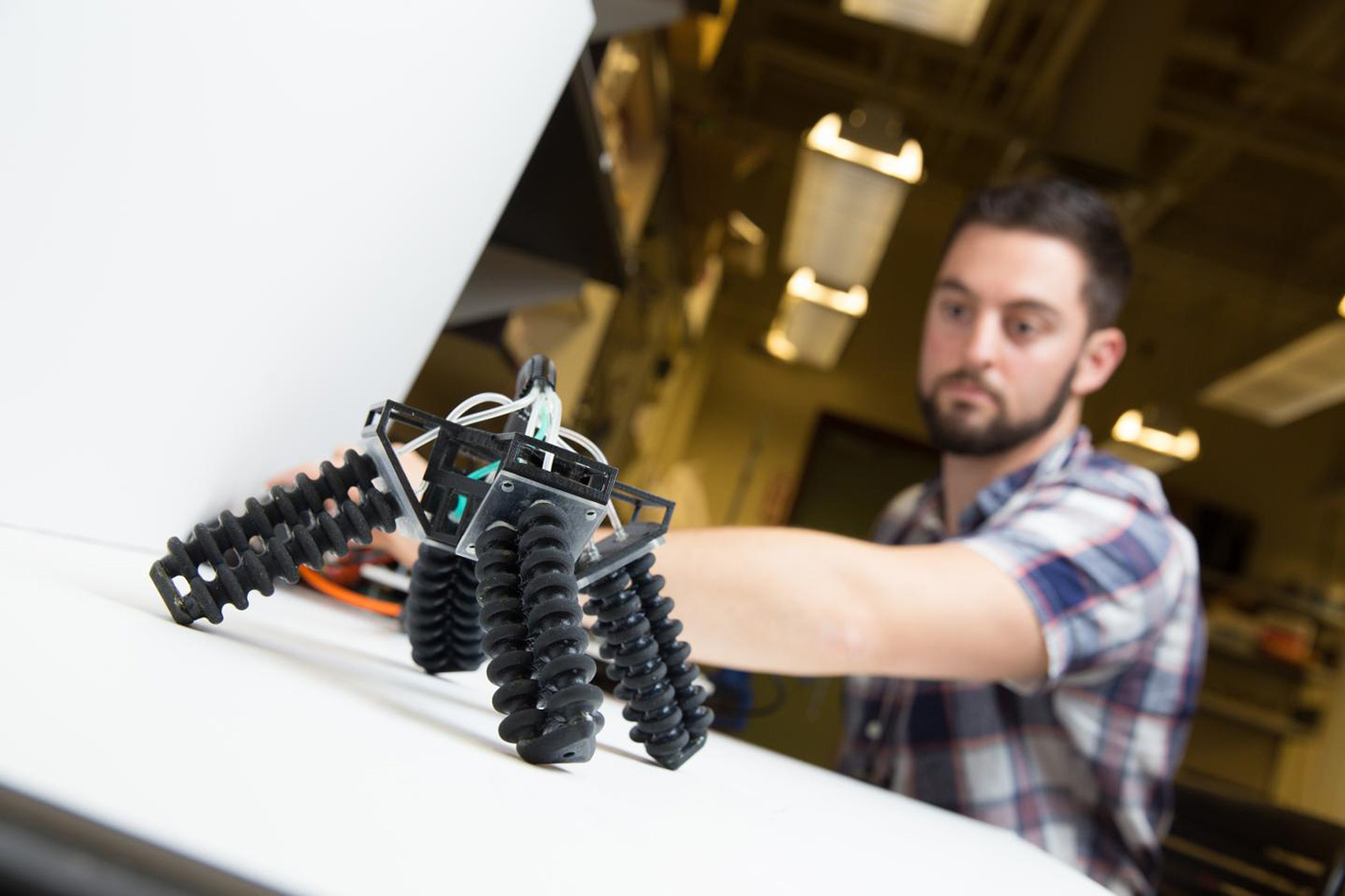
Interested in upgrading your eyeballs? Well, a team of DARPA-funded researchers led by Joseph Ford of UC San Diego recently published a proposal for a new type of telescopic contact lens in Optics Express. Designed for people with age-related macular degeneration, the lenses are only 1.17mm thick and can magnify images up to 2.8 times. Their layered construction admits light near the outer edge of the lens, bouncing it across a series of tiny aluminum mirrors before transmitting it to the back of the retina, kind of like the origami-optics lens. Telescopic sight can be toggled on and off by using a pair of 3D glasses to switch the polarization of the central part of the lens. It sounds promising, but the lenses -- pictured after the break -- currently have some obstacles, like gas-impermeable materials unsuitable for long-term wear and sub-par image quality. Want to read more? Pop on your glasses and check out the full paper at the source link below.
Filed under: Science, Alt
Comments
Via: Extreme Tech
Source: Optics Express (PDF)
 Soft robots typically have squishy bodies and limbs so that they can squeeze into the tightest spaces. If they're to be used for search and reconnaissance missions, though, they'll need to be able to navigate rough terrains. A team of engineers from...
Soft robots typically have squishy bodies and limbs so that they can squeeze into the tightest spaces. If they're to be used for search and reconnaissance missions, though, they'll need to be able to navigate rough terrains. A team of engineers from...
 Soft robots typically have squishy bodies and limbs so that they can squeeze into the tightest spaces. If they're to be used for search and reconnaissance missions, though, they'll need to be able to navigate rough terrains. A team of engineers from...
Soft robots typically have squishy bodies and limbs so that they can squeeze into the tightest spaces. If they're to be used for search and reconnaissance missions, though, they'll need to be able to navigate rough terrains. A team of engineers from...
 A team of researchers in California gathered a few blind mice, not to see how they run, but to find a cure for their glaucoma-like condition. By the end of the experiment, the rodents regained part of their eyesight, making this the first time scient...
A team of researchers in California gathered a few blind mice, not to see how they run, but to find a cure for their glaucoma-like condition. By the end of the experiment, the rodents regained part of their eyesight, making this the first time scient...





